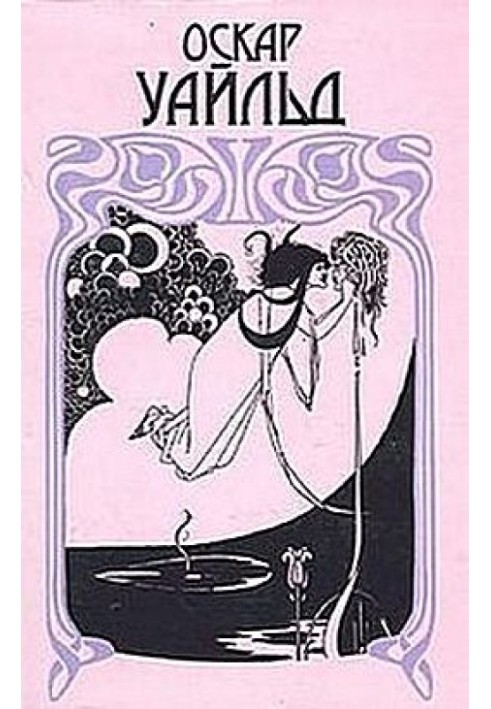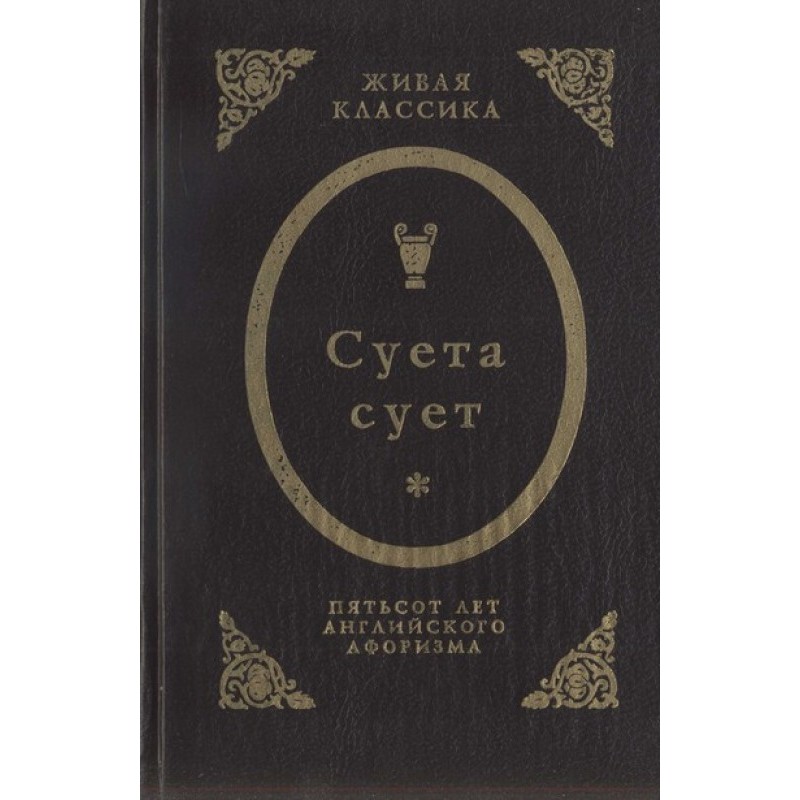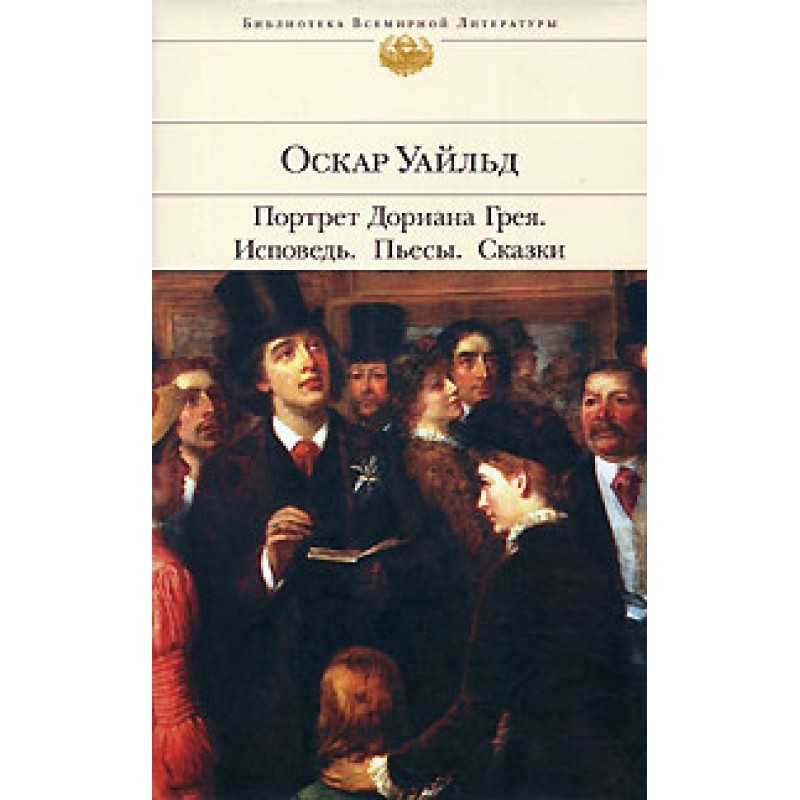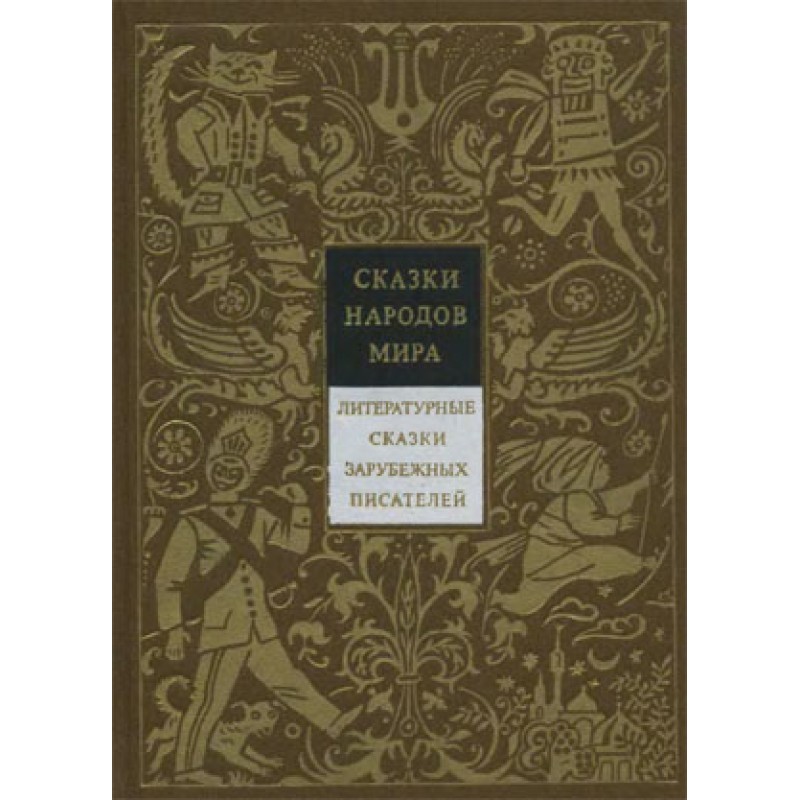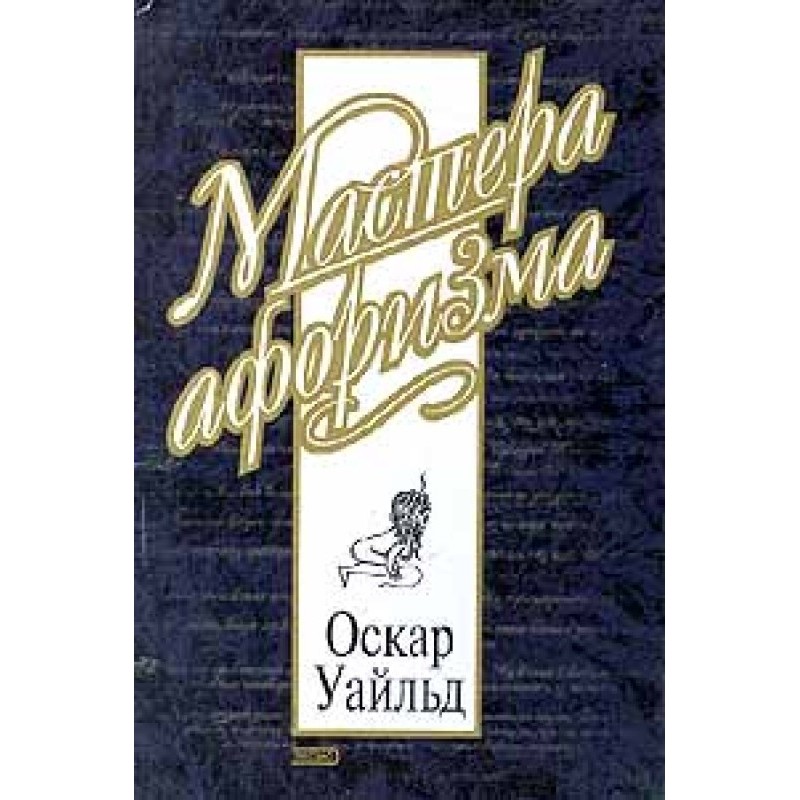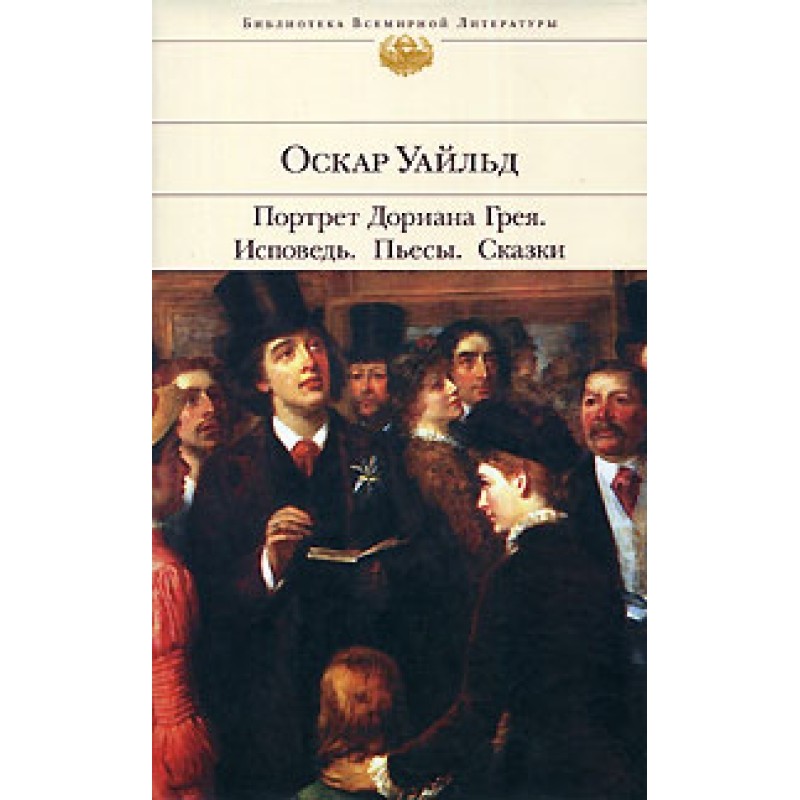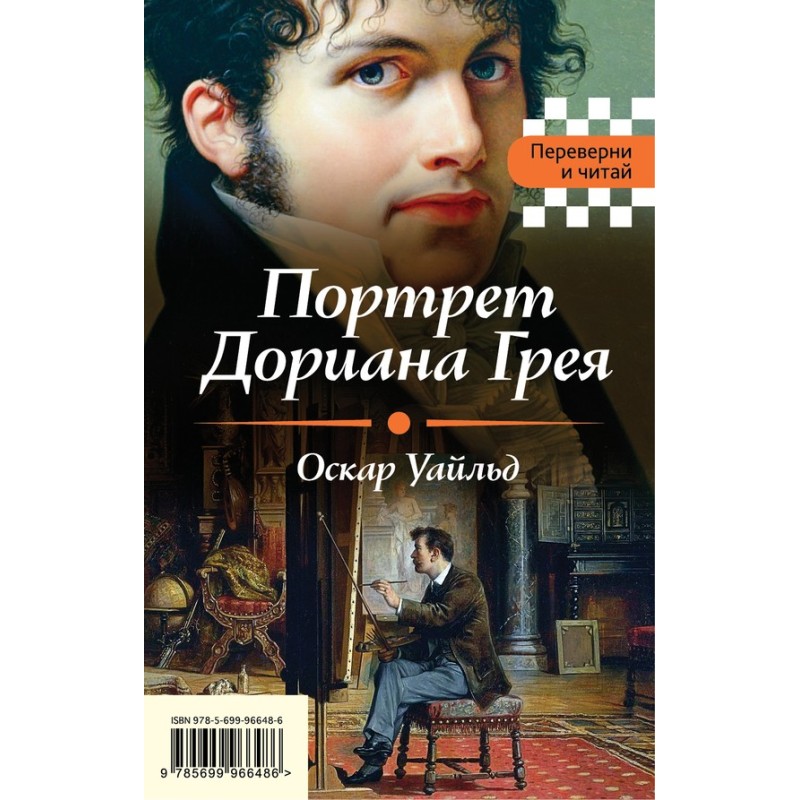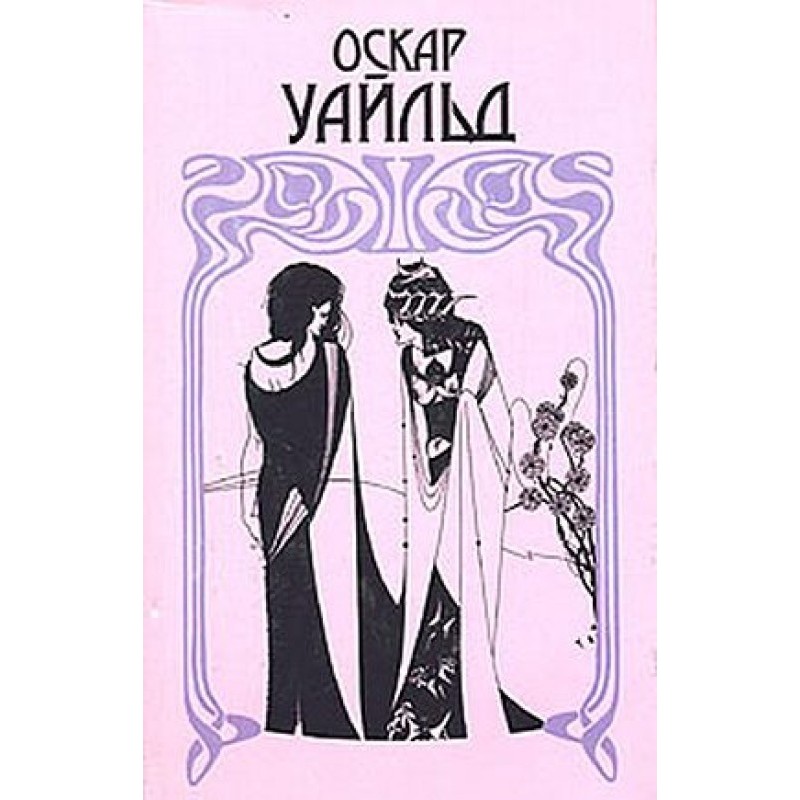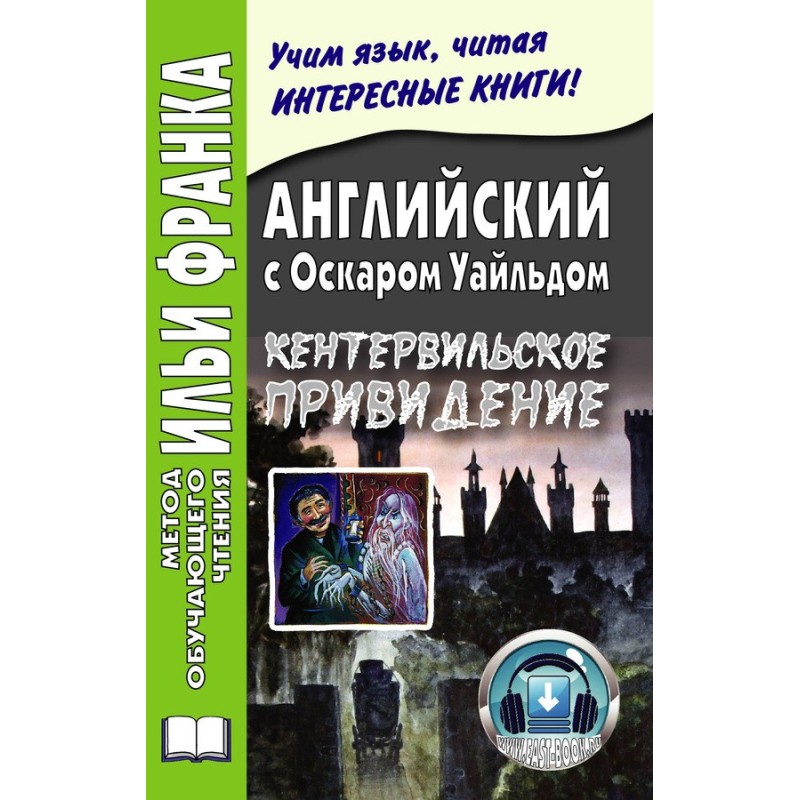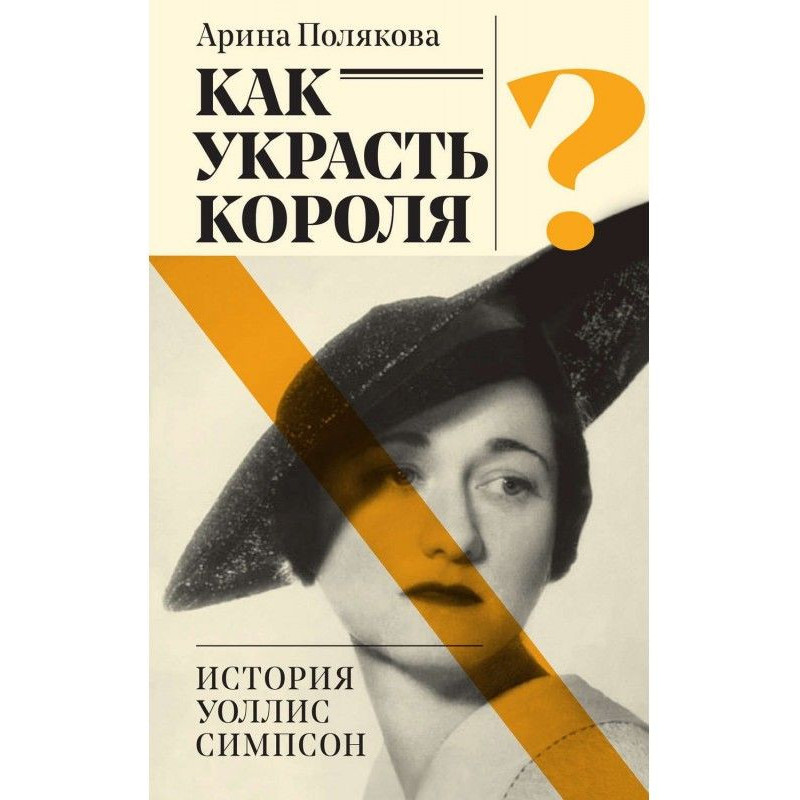De Profundis
 Instant download
Instant download
after payment (24/7)
 Wide range of formats
Wide range of formats
(for all gadgets)
 Full book
Full book
(including for Apple and Android)
The confession is written in the form of a letter and addressed to Wilde's close friend Lord Alfred Douglas. Wilde worked on it in 1897 during his last months in Reading Gaol. That same year, he gave the manuscript to his devoted friend and admirer Robert Ross, so that he would make a copy of the letter and give it to the recipient. In 1905, Ross published an abridged version of the confession. The full text was published only in 1962. In Russia, a complete translation of “The Prison Confession” was published by the Library of World Literature in 1976. “De Profundis” is a kind of dramatic monologue in which Wilde constantly questions the silent addressee and takes into account his supposed answers . The place where Wilde wrote this letter was conducive to repentance. But there is very little repentance in the letter; Wilde refuses to admit that his former pastimes with young men were criminal and declares that the laws under which he was sent to prison are unjust.
“The most important thing about De Profundis is that it is a love letter. But as a love letter, this work, where there is love, and hatred, and care, and vanity, and philosophical reflections, has all the necessary coherence, and it should be considered one of the greatest - most extensive - love letters of all times. Ellman "Oscar Wilde"
Data sheet
- Name of the Author
- Оскар Уайлд
- Language
- Russian
- Translator
- Маргарита Николаевна Ковалева
Рита Яковлевна Райт-Ковалева
Reviews
Глибока емоційна сповідь
"De Profundis" - це не просто лист, а справжня літературна подорож у глибини душі Оскара Уайльда. Писаний у стінах в'язниці, цей твір пронизаний відчуттям втрати, туги та водночас любові. Уайльд звертається до свого друга лорда Альфреда Дугласа, і через призму своїх переживань передає складні емоції, які охоплюють його серце. Він не боїться відкрито говорити про свої помилки, але в той же час відстоює право на своє минуле, що робить його сповідь ще більш вражаючою. Цей лист - це не лише свідчення про його особисті переживання, а й філософські роздуми про любов, свободу та справедливість. Читання "De Profundis" залишає глибокий слід у душі, спонукаючи до роздумів про власні переживання та стосунки. Це один з тих творів, який варто прочитати кожному, хто цінує глибину людських емоцій і складність людських стосунків.

